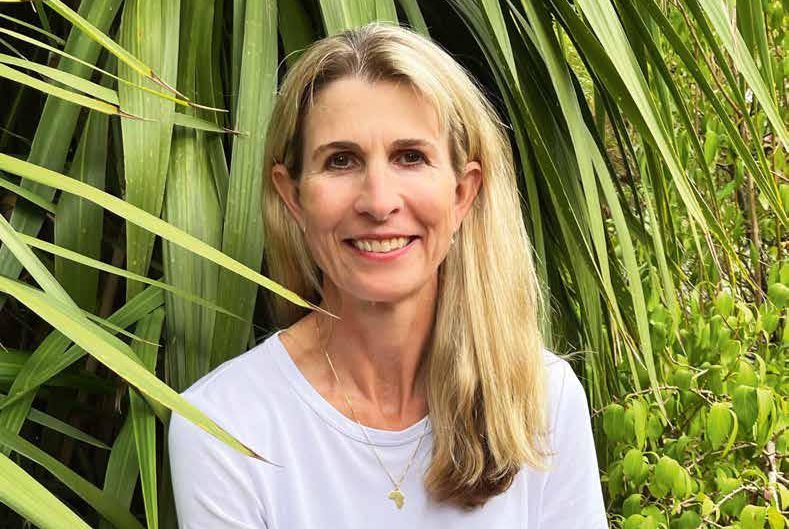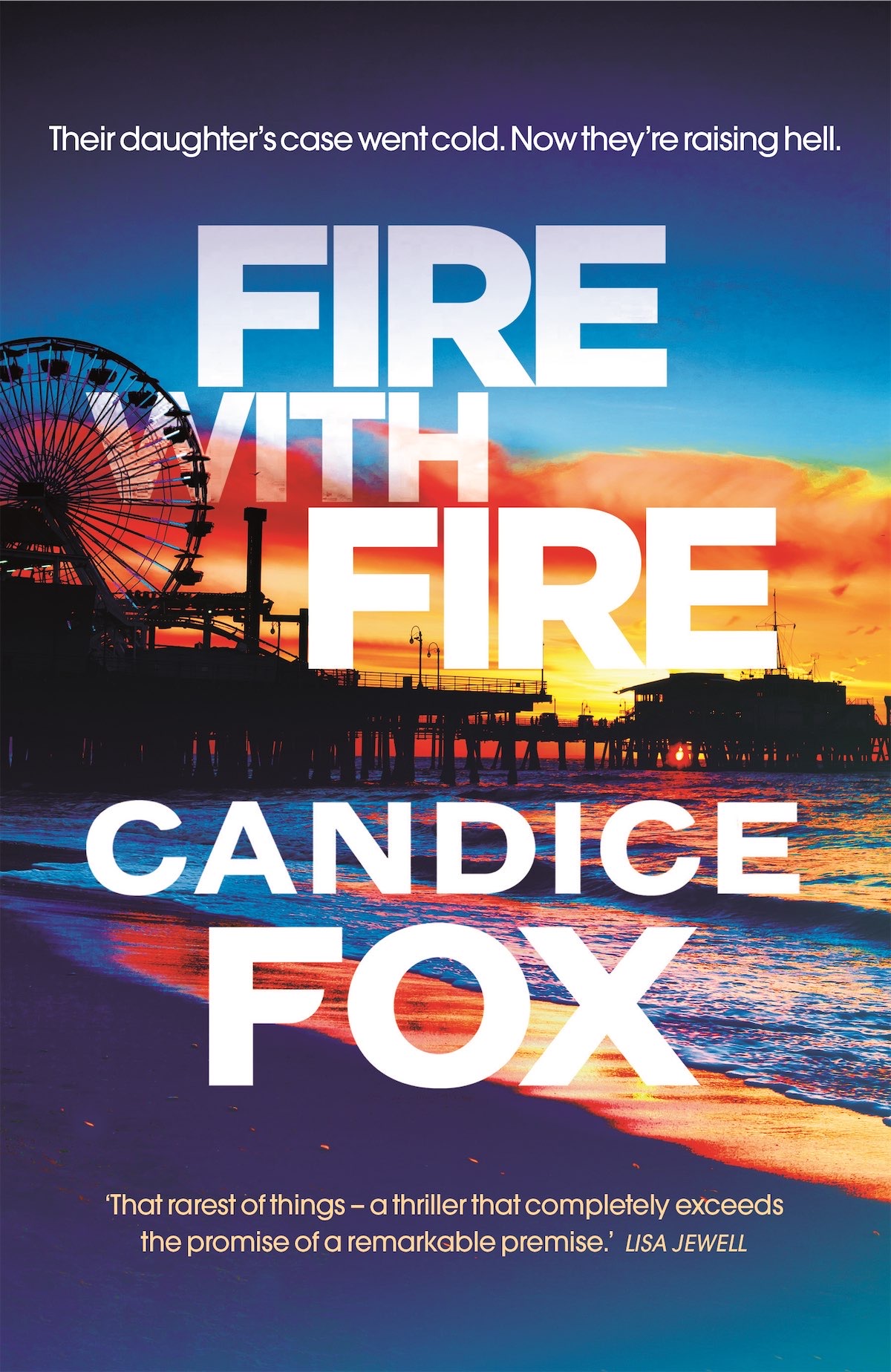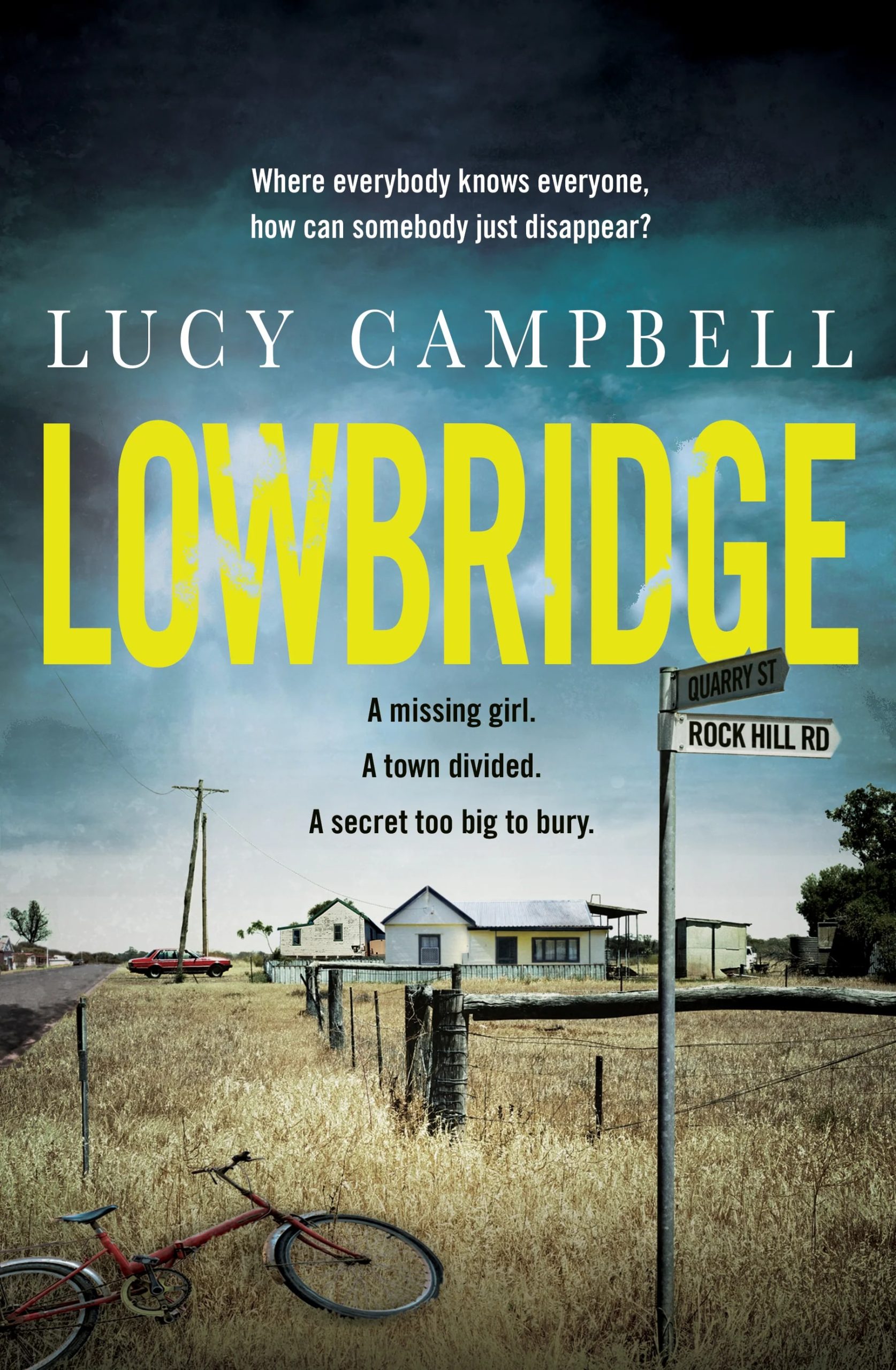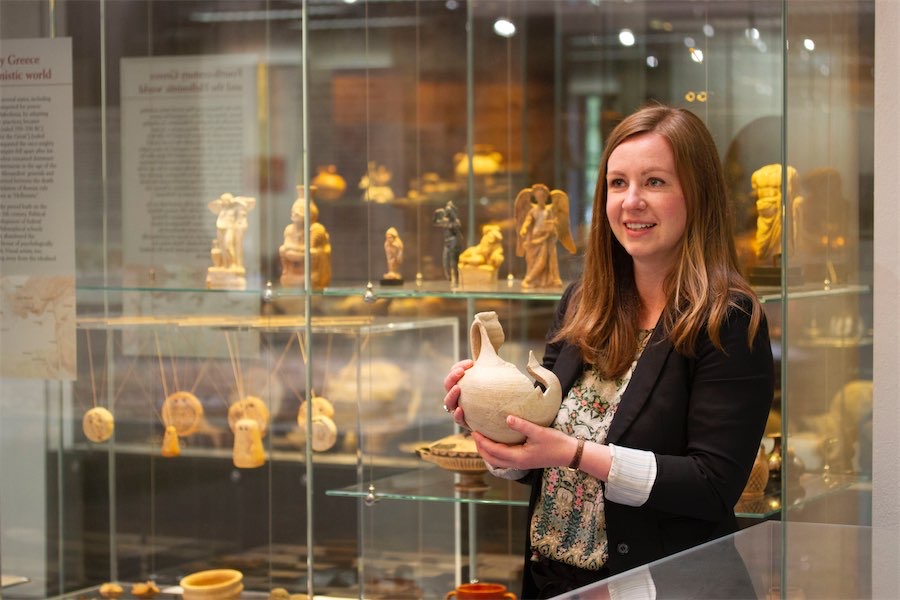
ANNA CREER reviews a couple of crime novels with wildly different approaches to a common theme written by two Australian women authors, one established the other on debut.
TWO crime novels, two Australian women writers, one an established best-selling author, the other with her debut novel, but both, although in completely different ways, explore the devastating impact of the loss of a child.

In Los Angeles, in Candice Fox’s “Fire with Fire”, Ryan and Elsie Delaney refuse to accept that their five-year-old daughter, Tilly, died two years earlier. They believe she was abducted. They invade the Hertzberg-Davis Forensic Science Center, taking three hostages. They demand the police find their child within 24 hours or they will destroy vital DNA evidence that could convict violent, dangerous criminals.
Detective Charlie Hoskins (Hoss) has spent five years undercover in a bikie gang, The Death Machines, and the hard-won evidence he has collected is in the lab. He tells Saskia Ferboden, the Chief of Police, that he will investigate the truth of the Delaneys’ claims and, if necessary, find Tilly.
He’s told: “The Tilly Delaney case is irrelevant right now… we’re treating this as a hostage crisis.”
Despite the fact he’s just released himself from hospital, with a plate in his head and other injuries, Hoss decides if the police won’t look for Tilly, he will. Even more unlikely, he teams up with the disgraced young policewoman, Lynette Lamb, whose carelessness revealed his identity to The Death Machines, putting his life in danger.
Hoss and Lamb race against time, and the pursuing Death Machines, as the Delaneys start to destroy evidence. The end result is a mission impossible mixed with shades of “Lethal Weapon”.
Fox, however is an established award-winning author, having won the Ned Kelly Award for Best Crime Novel twice and perhaps her best novel “Crimson Lake” (2017) was adapted into the disappointing TV series “Troppo” (2022). All her thrillers have been best sellers and no doubt this one will be, too.
HOWEVER, “Lowbridge”, is Lucy Campbell’s debut novel. Campbell, who lives in Canberra, is a journalist who has worked as a sub-editor across magazines, newspapers and non-fiction books.
Campbell sets her novel in the fictional town of Lowbridge, which she says is “very loosely based on a town in the Southern Highlands of NSW, where I lived for 10 years”. She wanted “to be able to look at the difference between people from varying backgrounds: city and country, progressive and conservative, the wealthy and the struggling”.

Katherine Ashworth, distraught with grief after the death of her daughter in a hit-and-run accident, has moved with her husband from Sydney to Lowbridge, his hometown, hoping the move will help her heal.
However, “sometimes the darkness in her head was so dense that not even the tiniest pinprick of light could enter. At those times she was conscious of nothing but the desire for death to take her, too”.
When Katherine’s addiction to pills and alcohol eventually forces her husband to threaten her with an asylum, she ventures into town, discovering the Lowbridge and District Historical Society run by three elderly women, proud of their town’s heritage, as one of the oldest settlements in NSW.
Katherine is particularly drawn to Margaret Graham, an impeccably dressed, no-nonsense country woman in her seventies and she decides to help, offering her expertise in marketing, as the women work to mount their first exhibition.
During her research she discovers a photo of Tess Dawes, a schoolgirl, who went missing in 1987. She “walked out of Lowbridge shopping centre and was never seen again”. Katherine becomes obsessed with the mystery of Tess’s disappearance. “For the first time in a year, [her] own grief was swamped by something larger”.
Campbell interweaves the story of Tess and her friends with that of Katherine, bringing to life vividly the friendship of three Year 11 girls at Lowbridge High in the summer of 1987, as well as the controversy over a proposed women’s health centre which divided the town. The authentic teenage voices breathe life into a novel which otherwise could have been a totally dark exploration of grief and loss.
“Lowbridge” promises much but, as Katherine’s investigation falters, so does the novel. Campbell has admitted in interview that she “always knew who did it, but I had no idea how. There were many endings, some more plausible than others”. It’s unfortunate that, after an impressive start, the ending she chose is both unpredictable and overly sentimental.
Who can be trusted?
In a world of spin and confusion, there’s never been a more important time to support independent journalism in Canberra.
If you trust our work online and want to enforce the power of independent voices, I invite you to make a small contribution.
Every dollar of support is invested back into our journalism to help keep citynews.com.au strong and free.
Thank you,
Ian Meikle, editor




Leave a Reply